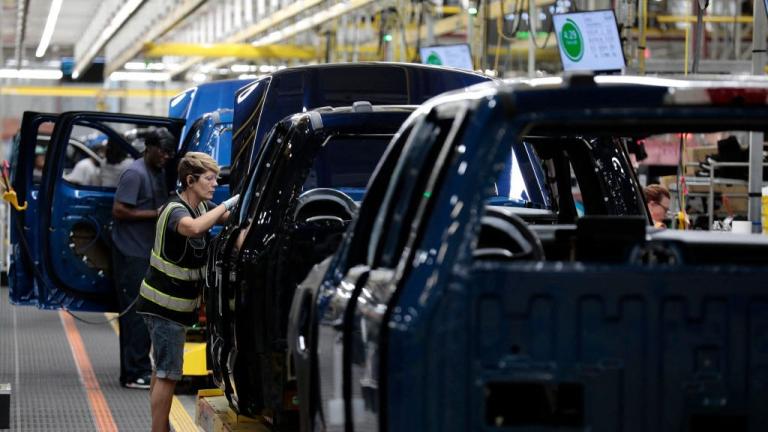
Attention in Washington is focused on an economic stimulus plan, which will be the first major agenda item for the new Congress that convenes tomorrow, and for the new president when he’s sworn in on Jan. 20. But how green will the stimulus package be?
In his radio/YouTube address on Saturday, Obama said his proposal — dubbed the “American Recovery and Reinvestment Plan” — would create 3 million new jobs, 80 percent of them in the private sector, including jobs in the renewable-energy and efficiency industries. “To put people back to work today and reduce our dependence on foreign oil tomorrow, we will double renewable-energy production and renovate public buildings to make them more energy efficient,” he said.
While Obama mentioned that a portion of the stimulus funding would go to repairing roads and bridges, he did not mention funding for public transportation, which many environmental groups and transit advocates are hoping will receive a substantial investment.
On Sunday, Obama’s advisers said his plan will include $300 billion in tax cuts for workers and businesses, a move to appease conservatives who are concerned about government spending. The tax cuts would account for approximately 40 percent of the total package, which is likely to total between $675 billion and $775 billion over two years.
On Monday, President-elect Barack Obama met with House Speaker Nancy Pelosi (D-Calif.) and other leaders from both parties on the Hill about his plan. “The reason we are here today is because the people can’t wait. We have an extraordinary economic challenge ahead of us,” he said.
Pelosi pledged that Congress will move rapidly on a stimulus plan. “As the President-elect indicated, the construction is underway right now. At [the time of inauguration], we hope to have signed into law legislation that will improve the lives of the American people.”
While Pelosi sounded optimistic about getting a bill through in the next couple of weeks, Rep. Steny Hoyer of Maryland, the House majority leader, said on Sunday that it’s more realistic to aim for getting a plan passed and signed by Presidents’ Day in mid-February.
Senate Majority Leader Harry Reid (D-Nev.) said on Meet the Press on Sunday that Democrats will work with Republicans to craft a passable plan. “Whatever we do must be done on a bipartisan basis,” he said. Meanwhile, Senate Minority Leader Mitch McConnell (R-Ky.) has suggested that the federal government should give money to states in the form of loans rather than grants.


